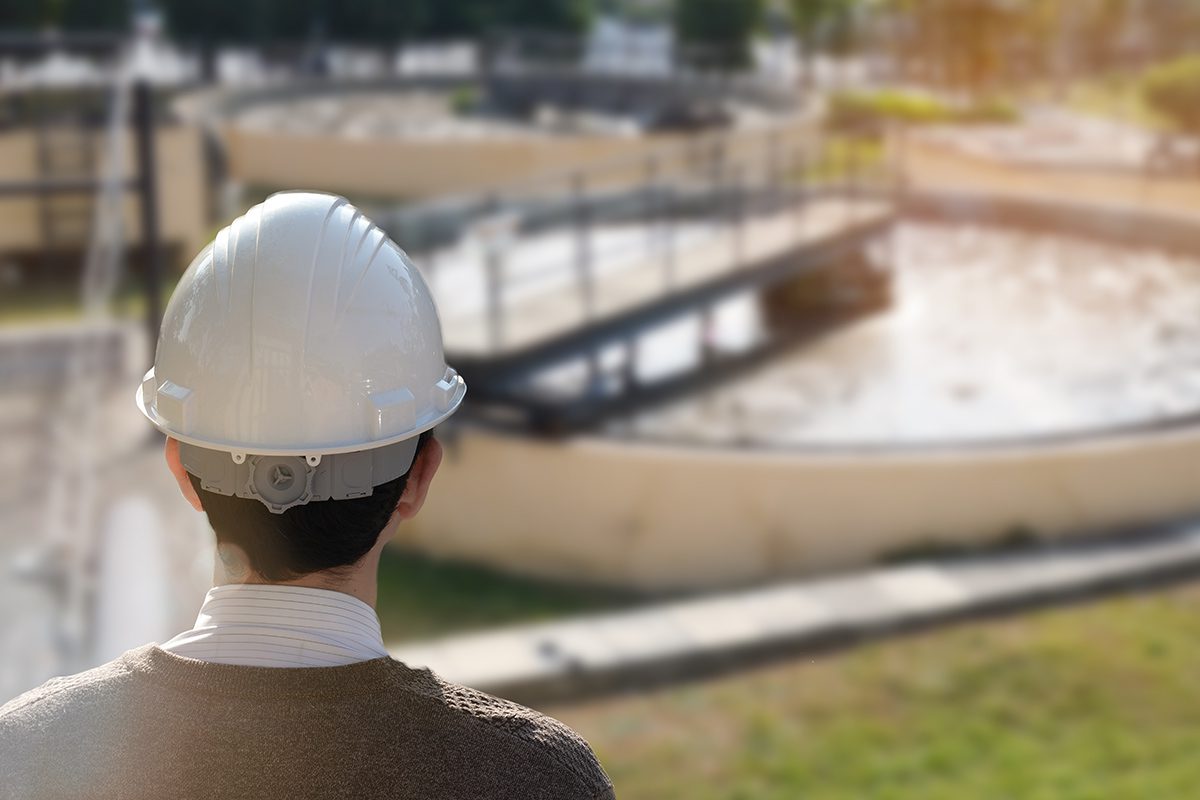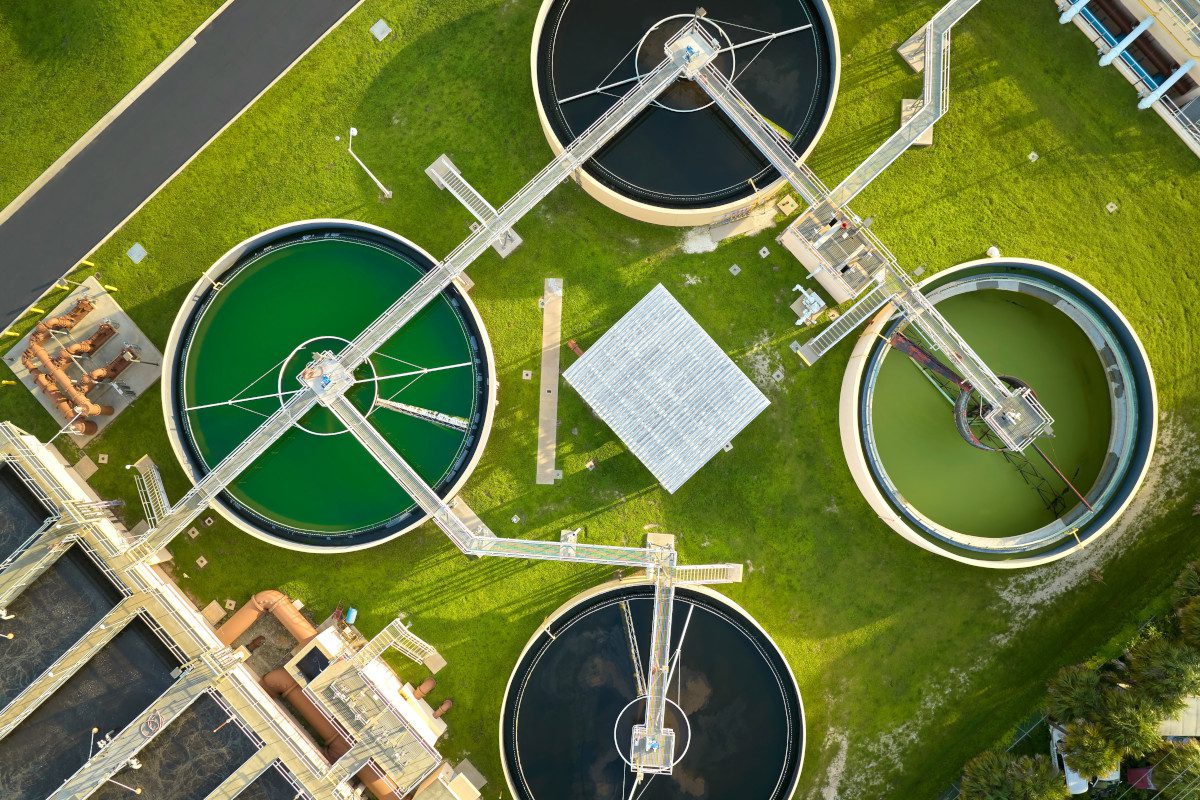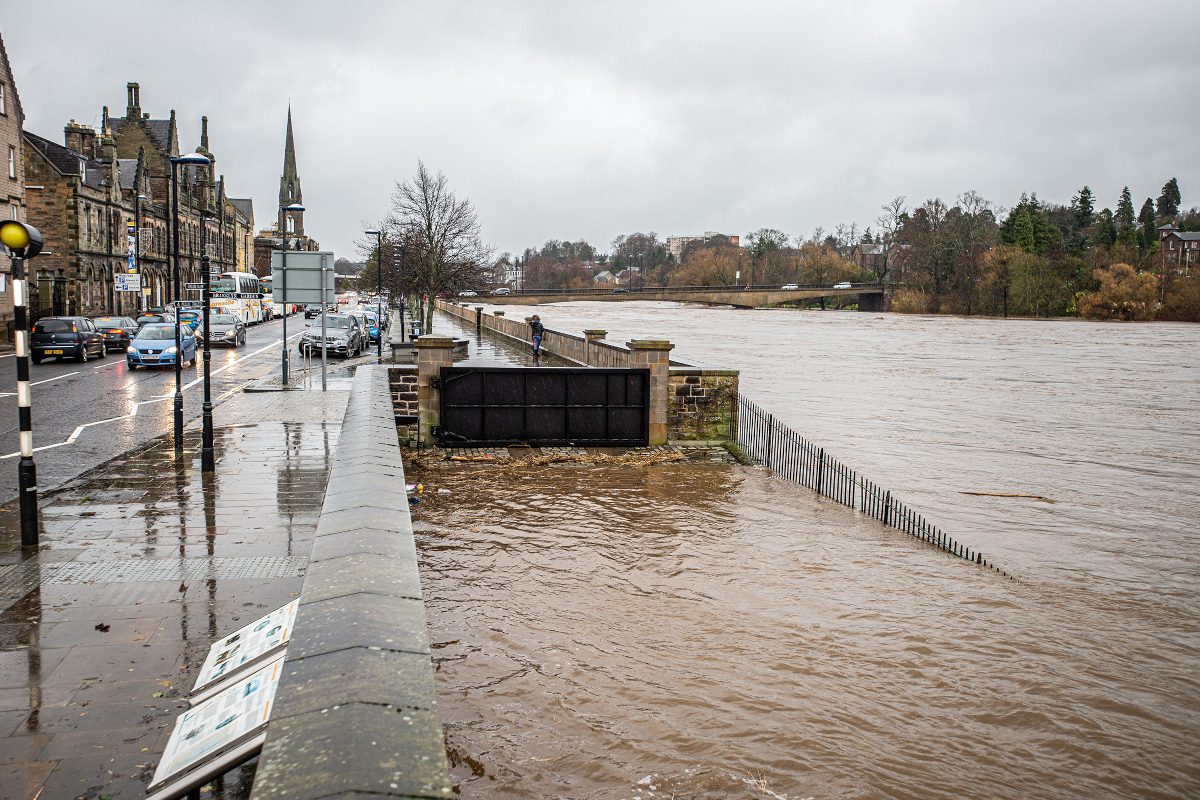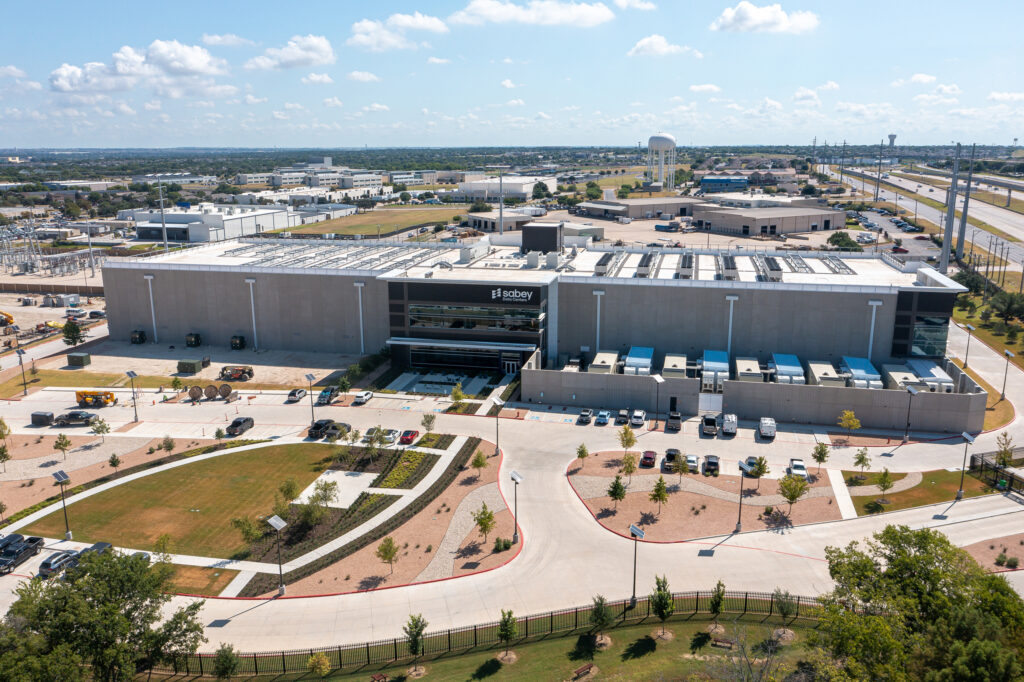(Words by ballast water treatment firm Optimarin)
The ‘polluter pays’ principle is starting to hit shipowners where it hurts – in the pocket – when it comes to ballast water pollution of our oceans. Ships plying US waters have recently been slapped with heavy penalties and this might be the shape of things to come for shipping, as an ever wider net of regulatory enforcement emerges to protect marine ecosystems.
Several industry players have paid the price for non-compliance in recent months with substantial fines dished out by the US Environmental Protection Agency (EPA) for violations of the Clean Water Act in relation to ballast water discharge, recordkeeping, inspection, monitoring and reporting.
Earlier this year, one major shipping company suffered penalties totalling $165,000 for four ships calling at US ports, after two other companies were hit with respective fines of $137,000 and $200,000 over violations involving two vessels for each company.
Call for tougher port state controls
“Shipping has an ethical responsibility to mitigate the harmful environmental impact of its operations in this area through proper ballast water treatment, and non-compliance will ultimately also have serious commercial consequences,” said Birgir Nilsen, co-founder and director of Norwegian ballast water treatment specialist Optimarin and also President of the Ballast Water Equipment Manufacturers Association (BEMA).
But he said there has been variability (across different parts of the world) in port state enforcement of the IMO’s Ballast Water Management (BWM) Convention, implemented in 2017. It requires every vessel over 400gt to have onboard an approved ballast water management plan, a ballast water record book and an International Ballast Water Management Certificate.
Furthermore, all ships will need to have installed a compliant ballast water treatment system (BWTS) meeting the so-called D2 standard for the maximum amount of viable organisms that can be discharged by September 2024 under the BWM Convention.
“We see very little movement when it comes to port state control of ballast water treatment systems. Furthermore, if inspections are only based on logbooks and reporting protocols, there is no confirmation of whether the BWTS actually works as it should,” Nilsen explains.
“Therefore, we want port states to be more active on testing systems, but so far we do not see that happening. It is really only in the US that we see consequences for non-compliance and this has been mainly on the administrative side.”
US taking lead in enforcement
The US, which is not a party to the BWM Convention, has shown the way in acting on ballast water regulation after developing its own stringent regime – based on the National Invasive Species Act and Clean Water Act – in response to serious incidents of ballast water pollution in its national waters.
This entails annual port state control examinations of around 10,000 foreign-flagged vessels, including reviews of vessel documentation and visual monitoring of the BWTS condition and operation enforced by the US Coast Guard (USCG).
As well as hefty fines, further costs can be incurred with non-compliance if a vessel is prevented by the USCG from discharging ballast water in port. This may require a ship to divert its voyage, modify cargo operations and sail outside 12 nautical miles to discharge ballast water, which could result in additional pilotage and launch fees, extra fuel fees, demurrage and other financial repercussions.
Nilsen has been working through BEMA to push for stronger port state enforcement of ballast water regulations, mainly by raising the issue with the IMO’s Marine Environment Protection Committee (MEPC). BEMA has, for example, submitted documents that have been approved by the MEPC calling for port state inspection and testing of systems.
Counting the cost to the ocean
And the reason that BEMA is calling for a tougher port state crackdown on ballast water treatment is simple: the transfer of invasive aquatic species in ballast water carried by ships is seen by the UN as one of the four biggest threats to the global environment.
Conservation and sustainable use of oceans, seas and coastal areas, which cover about two-thirds of the Earth, is listed as one of the UN’s Sustainable Development Goals – and disruption of finely balanced marine ecosystems due to ballast water discharges is a major concern.
According to the UN, oceans contribute to poverty eradication by creating sustainable livelihoods and decent work, and over 3 billion people depend on marine and coastal resources for their livelihoods. It states that oceans are crucial for global food security and human health, while also hosting huge reservoirs of biodiversity.
But ballast water pollution has resulted in major damage to the ecology of coastal regions that support local economic activity, and the problem has escalated with the dramatic increase in world trade and ship traffic volumes over the past two decades.
It is estimated that around 35,000 ships are sailing the seas laden with 10 billion tonnes of ballast water at any given time, with more than 3000 species being transported in their ballast tanks.
‘Invisible pollution’
Non-indigenous organisms carried in a ship’s ballast water tanks, such as bacteria, microbes, small invertebrates and other pathogens, can have an extremely harmful ecological impact on the marine environment when transferred from one sea area to another.
This can lead to a loss of biodiversity as native species are wiped out by the invaders, destruction of marine habitats, imbalance in coastal ecosystems and damage to vital resources needed to sustain fisheries and aquaculture, while also posing a public health hazard.
Nilsen says invasive species can have “devastating effects” on fisheries, a staple industry of his native Norway. But he points out this is considered “invisible pollution” as the impact from the introduction of such species via ballast water may not be evident until years later, unlike CO2 emissions that are more visible and therefore have higher priority in the shipping industry.
“As a result, this has made it more challenging to communicate to the world the vital role of ballast water treatment in eliminating underwater pollution,” he says.
Nilsen claims there has been a lack of industry action on ballast water treatment because installing a BWTS has typically been seen by shipowners as having little economic benefit, unlike say removal of hull biofouling that reduces drag in the water and can therefore cut fuel consumption.
System reliability a key factor for trading
But the regulatory ground is now shifting for shipping.
Having a reliable and well-functioning BWTS installed onboard for effective ballast water treatment is necessary to ensure the oceans are protected – and this will be a ticket to trade in future as the regulatory net tightens, Nilsen underlines.
It is here that port state intervention is needed as there is no guarantee that a system labelled as compliant with the D2 discharge standard actually functions consistently without adequate monitoring and maintenance, he says.
“System reliability, proper crew training and effective maintenance with a global support network and availability of spare parts are key factors in ensuring consistent ballast water operations,” he explains.
“We have unfortunately seen an increasing number of cases with the requirement to replace unsupported systems that have become inoperable, which obviously makes it impossible to maintain a ballast water record book in line with IMO regulations.”
Nilsen believes that having an inefficient or non-compliant BWTS onboard can limit future trading opportunities for vessels, given that most port states have ratified the IMO’s BWM Convention – and it is only a matter of time before stricter global enforcement kicks in.
“A stricter regulatory regime, combined with the heightened focus on ESG reporting and green accountability to stakeholders, represent compelling commercial reasons for efficient ballast water management aside from the overriding factor of ethical responsibility for the industry,” he says.
















